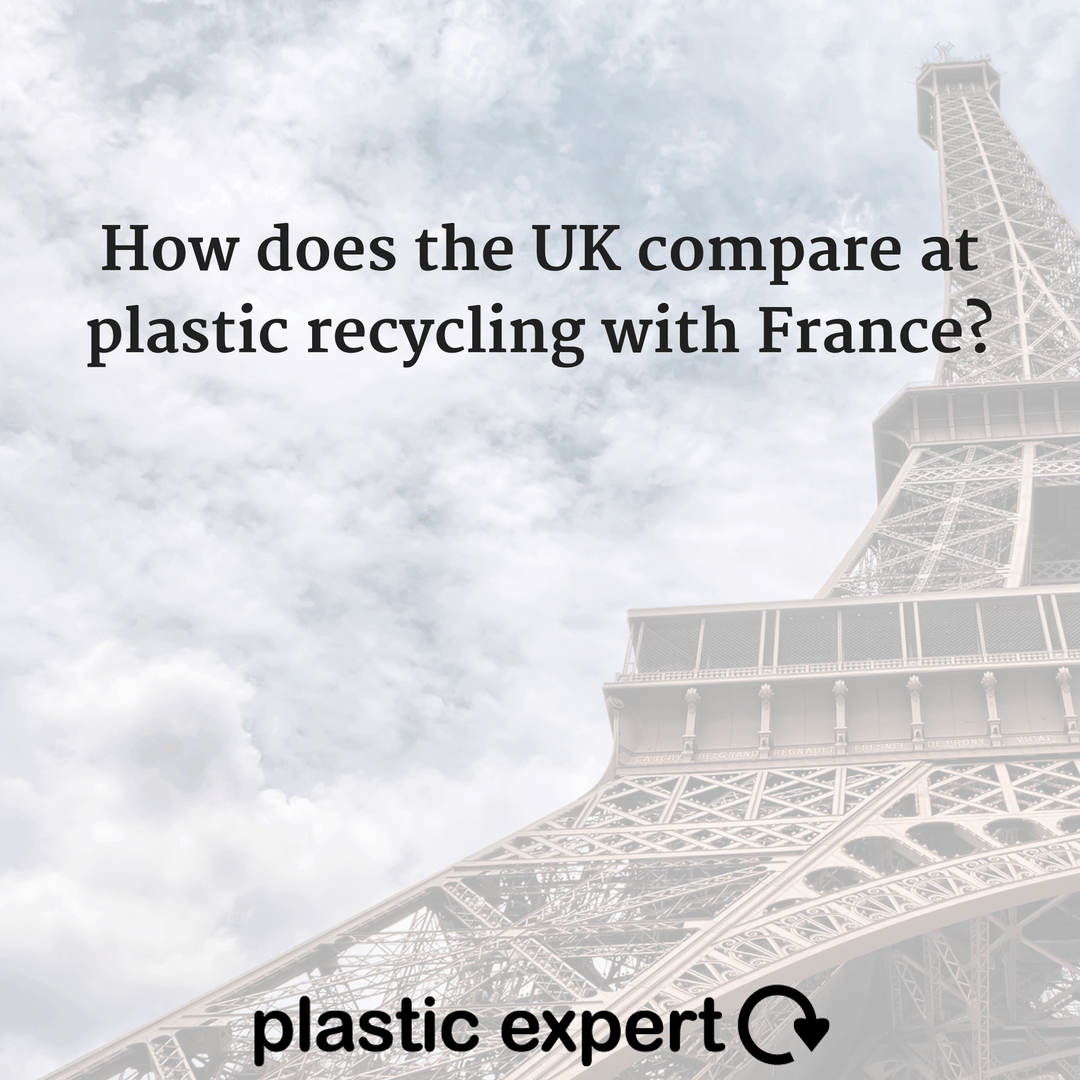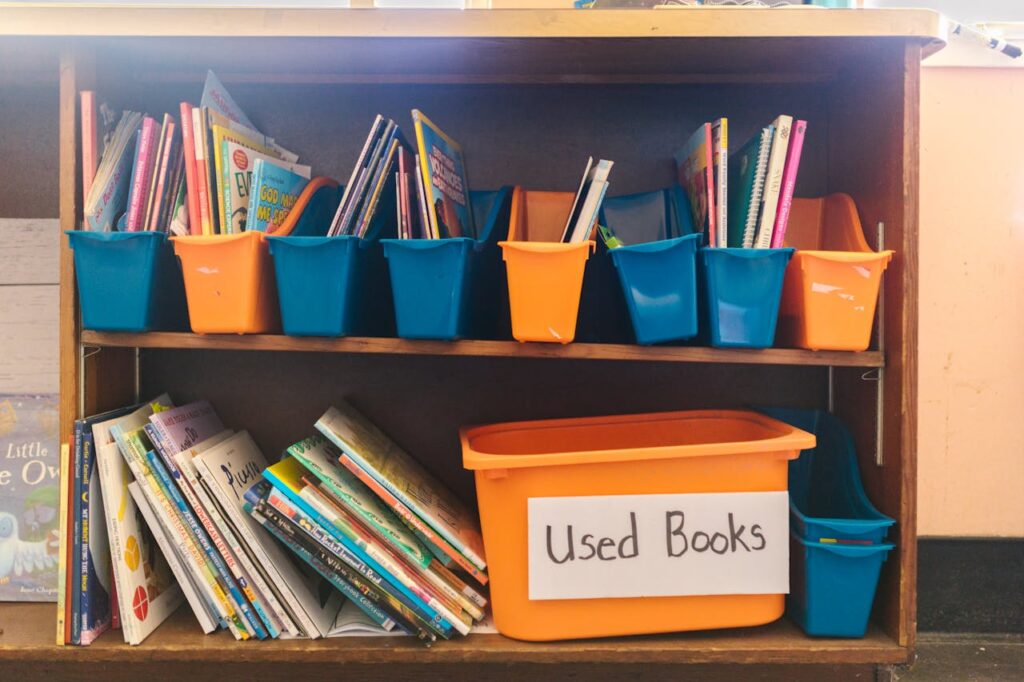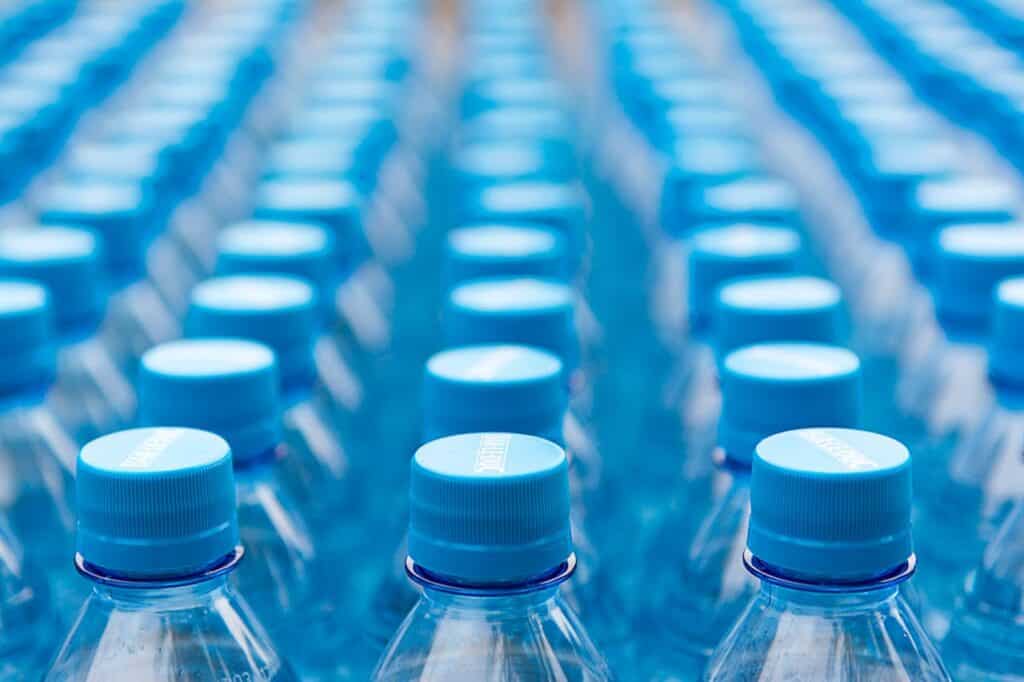The French culture has gained popularity all over the world, through its exquisite cuisines, it’s contributions to art, fashion and literature as well as its poetic language.
In this article however, we are going to look at how popular and proficient France is when it comes to plastic recycling.
Plastic has been popularized and utilized globally since its initial discovery as a usable material, and has been become indispensable as a component in many of the gadgets and appliances we take for granted. Plastic is part of your mobile phone, tablet, television, fridge, washing machine and much more, so whilst you may not consider yourself a fan of the negative consequences of plastic, it is hard to avoid being an avid user of plastic. We bet you’re using plastic right at this moment.
Several years ago, France was on the verge of a social dilemma, as they were getting seriously left behind other major European nations with their outdated waste practices. It is estimated that 34% of plastic is now being recycled, a huge improvement on the previous figure of 15% from when social pressure forced a change. However, the vast majority of the remainder is still being sent to landfills, and not to incinerators. The French hierarchy and environmental committees found the catalyst for the development of better recycling facilities due to the way in which they were horrified by a stagnant plastic recycling rate of roughly 15%, and a portion of the citizens crying out for better waste practices.
France looked, at one stage, as if they could emerge as a leader among the EU and perhaps even exceed the United Kingdom’s recycling status. However, it hasn’t turned out that way. The general recycling rate in France stands at a surprisingly low 23%, compared to Germany’s 47% figure and the UK’s 43% achievement. As it stands, France appears likely to fail in the EU target of 50% recycling rates by 2020 and 70% recycling rates by 2030. We hope to be proven wrong on that count.
Are the French failing?
The failures in French recycling are hard to pinpoint, due in part to each individual, organisation and industry pointing the finger at one another, claiming that others are more guilty than themselves. Many blame the waste management companies, who are not driven by strict requirements and regulations, only loose targets and suggestions. The government blames the people for not recycling effectively in their homes, and citizens blame the government for a lack of education and information about recycling. 59% of French people admitted in a national opinion survey that they were unsure which symbol on packaging meant that it could be recycled. This lack of cohesion is worrying for France’s future, in a country where the capital city has smog levels that mean some cars can only drive on alternate days of the week.
Is the UK doing enough?
The United Kingdom has had a long battle with recycling; for years it had failed to justify why only 22 percent of domestic plastic waste we create is being recycled. The government aims to reach 50% by 2020, in order to to keep up with other countries in the EU, and also to maintain a healthy environment for the people. Measures, such as introducing improved labelling, endorsing eco friendly products and making incineration (RDF) plants all over the country may not be enough to see that the UK achieves its target. Here at Plastic Expert, we argue that a simpler approach to business recycling is key to improving bulk plastic recycling, and therefore increasing national plastic recycling rates.
Measures have been set in place in landfills in both the UK and France to capture methane that can be used for fuel, but it fails to negate the fact that recyclable materials are being buried instead of recycled. Whilst both nations are on an upward trend in terms of their recycling rates, there are fears that progress is not being made quick enough, and we are getting left behind by Europe’s top recyclers, Austria, Germany, Belgium, Holland and Switzerland. The UK does, however, rank in the top 5 European countries who have reduced the amount of waste generated per person (12% since 2001). At the same time, the French National Association for Waste Management claims that the cost of collecting waste has risen to 120 euros per person per year.
Feel free to draw your own conclusions from this information.








